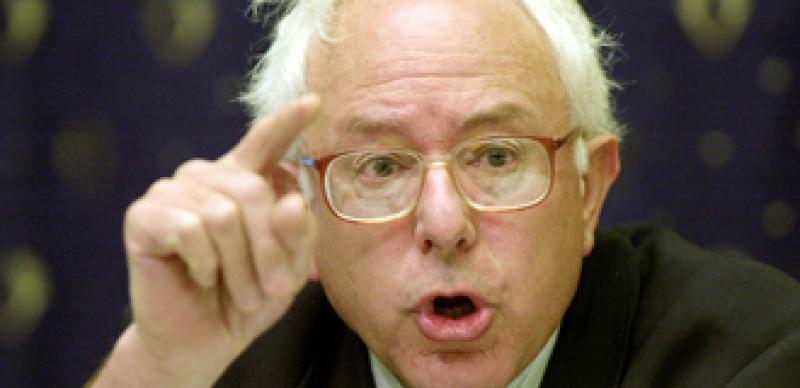
Wall Street Salaries Take A Tumble
Socialist-leaning U.S. Senator Bernie Sanders from Vermont called Wall Street payouts “unconscionable.” Washington appears to be groping in that direction (or was until the midterm elections).
Charles Wallace
December 16, 2010


